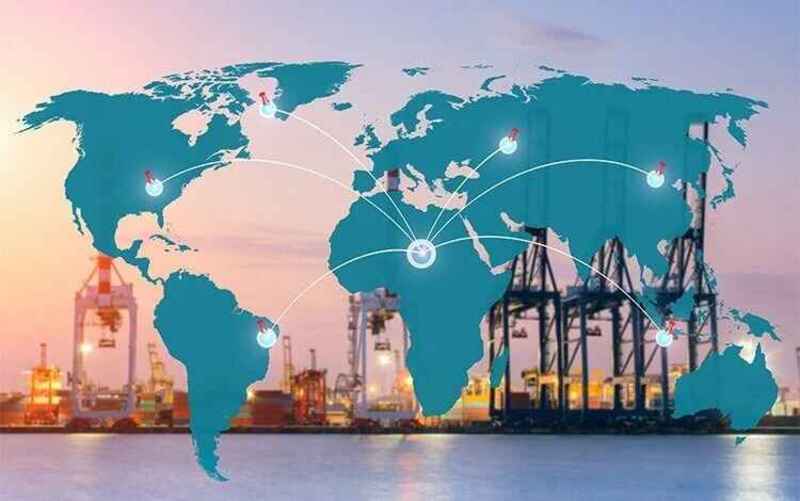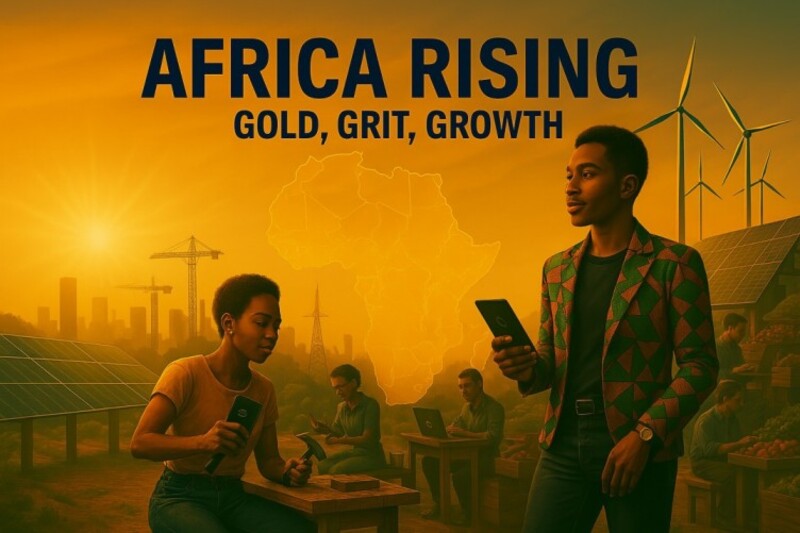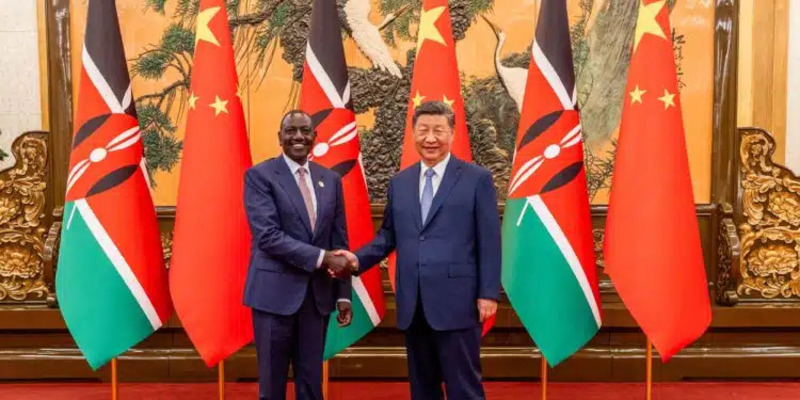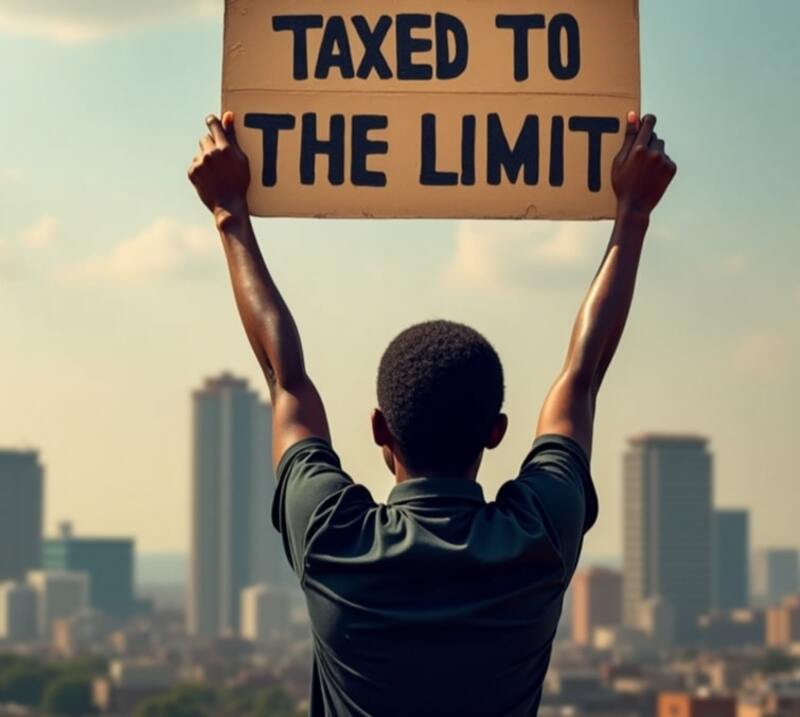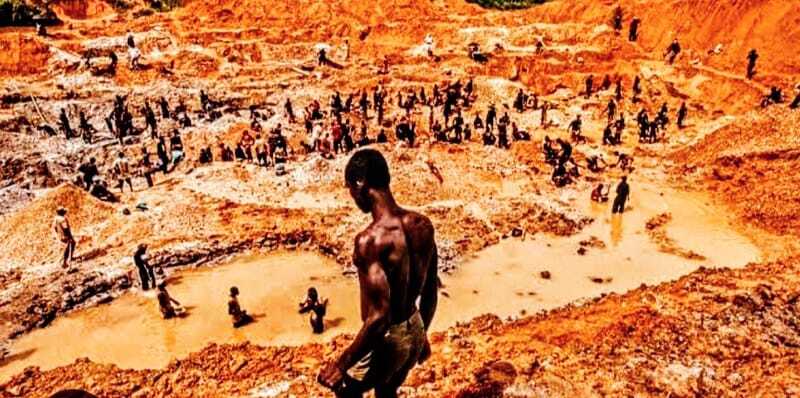 An artisanal gold mining site with miners in Democratic Republic of Congo (DRC). Photo Credits: Ipisresearch
An artisanal gold mining site with miners in Democratic Republic of Congo (DRC). Photo Credits: Ipisresearch
Africa's Hidden Treasures: A Blessing Or A Curse? The Impact And Future Of Minerals In Africa
The Abundance of Africa’s Mineral Resources
Across the African continent, valuable minerals are found in nearly every region. These resources have the potential to transform African economies, drive industrialization, and lift millions out of poverty. The discovery of lithium, increasingly referred to as the "mineral of the future" for its crucial role in green energy, has only intensified global interest in Africa’s mineral sector. Zimbabwe, for instance, has emerged as the top lithium producer in Africa and ranks sixth globally.
The Struggle for Technological and Political IndependenceDespite holding these treasures, Africa largely lacks the technological capacity and industrial frameworks needed to exploit them independently. As a result, many African nations have been forced to rely on foreign companies for mining operations. Unfortunately, the partnerships forged have often favored external interests over African communities. Corrupt agreements between foreign mining companies and local leaders have further undermined the continent’s ability to harness its mineral wealth for public good.
Minerals as a Curse: Cases Across Africa
Instead of prosperity, minerals have frequently brought turmoil to African countries such as the Democratic Republic of Congo (DRC), Namibia, Mali, and Zimbabwe. Rather than being engines of economic growth, mineral wealth has sometimes fueled conflict, inequality, and environmental degradation. The growing green energy sector's demand for lithium, for example, has prompted a new wave of exploitation, often under a shroud of secrecy and without adequate benefit to local populations.
Deplorable Working Conditions and Widening Inequality
While vast fortunes are extracted from African soil, the people working in the mines continue to live under deplorable conditions. The revenues generated from mineral exports have barely trickled down to uplift national economies. Instead, they have widened the gap between the wealthy elite and the poor majority. Endemic corruption among African leaders has deepened disenchantment and weakened the public’s trust in their governments.
A Call for Reforms: Burkina Faso’s Bold Step
Recognizing the pitfalls of resource mismanagement, Burkina Faso has set a powerful example by banning the export of gold as it seeks to reform its mining sector. This move signals a broader need for African countries to rethink and reform the governance of their mineral wealth. Comprehensive policy overhauls and stricter regulations are urgently required to protect national interests, promote fair distribution of resources, and ensure that mining drives sustainable development across the continent.
Charting a New Course for Africa’s Future
Africa’s minerals hold the promise of immense prosperity, but only if managed wisely. The continent’s leaders must rise to the challenge of breaking free from cycles of exploitation and dependency. By strengthening governance, embracing technological innovation, and prioritizing the welfare of their citizens, African nations can finally turn their natural wealth into a true catalyst for growth, empowerment, and global influence.
